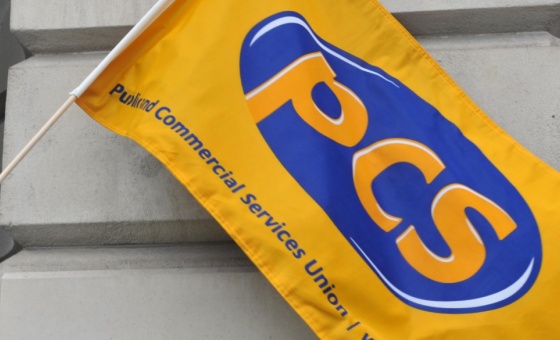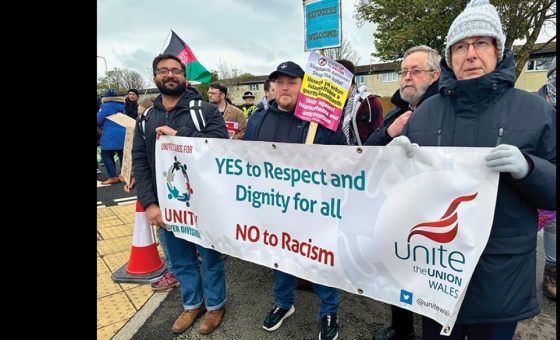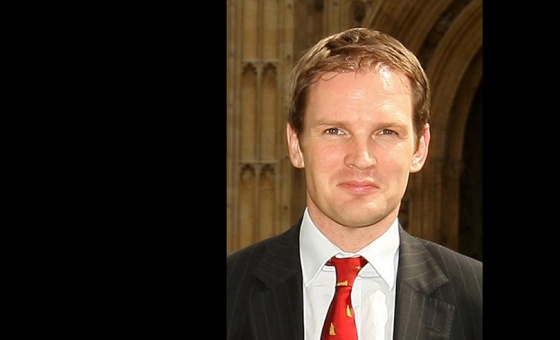This is the last article you can read this month
You can read more article this month
You can read more articles this month
Sorry your limit is up for this month
Reset on:
Please help support the Morning Star by subscribing here
SCOTLAND’S Children’s Hearings System has stood the test of time. Devised following the Kilbrandon report in the 1960s as an alternative to sending young people to court, they have worked for over 50 years to safeguard successive generations.
One of the distinctive features of the system is the use of a lay panel to make decisions on a child’s best interests.
Every so often there have been attempts to remove this element. They have always been stoutly and successfully resisted.
But a report prepared for the Scottish government by a retired sheriff, David Mackie, released earlier this year seeks to put the professional, managerial class in control of the system: by which is clearly meant, lawyers.
This is at odds with those founding Kilbrandon principles and directly contrary to the very ethos of the approach for the last half a century.
Although originally conceived to deal with juvenile delinquency, almost half of the children and young people who are referred to a hearing are victims of parental neglect.
From the earliest age they have been failed. It comes as no surprise that there is a strong correlation between those young people offending, and those young people with their own welfare needs: they are all too often one and the same.
No surprise either that according to the Scotland Children’s Reporter Administration, two out of every three children who are referred to a children’s hearing are growing up in neighbourhoods that are deprived.
We live in the most unequal society with widespread and institutionalised poverty, rooted in the class structure.
So, when we hear of, in the words of Sheriff Mackie, “a redesign” of the Children’s Hearing System and the importation of “highly skilled salaried professionals” in place of lay members alarm bells should ring. This is a takeover.
We are told there are new complexities, which demand this lawyer-isation of hearings. But children’s panel members are intensively trained. And if it is too complicated for them, what chance have the children and young people going through the system got of comprehending it?
Moreover, in this socially segregated society we live in, how many of these “professionals” will live in the same local communities, let alone in these most deprived neighbourhoods, where the vast majority of these children live?
There is a famous passage in the Ragged Trousered Philanthropists where it is argued that children are not the “property” of their parents at all, but the “property” of the community.
We all have a responsibility for the health, wellbeing and safety of children. Which is why there can be no truce in the war with poverty and inequality, including the immediate removal of the pernicious two-child cap.
It is also why we cannot sit back and allow the emasculation of those long-established and well respected Kilbrandon principles.
Of course, there are some changes which are necessary. The extension of the scope of the hearing system to young people up to the age of 18 will make a difference.
More children’s reporters and panel members will have to be recruited. The longstanding call for the better resourcing of social work and the elevation of its status becomes even more urgent. An end to the scandalous way our Child and Adolescent Mental Health Services are operated and funded should be a priority.
We have to listen closely to the voices and views of care-experienced young people who have called for greater consistency and continuity in the Children’s Hearing System.
They have also underlined the importance of people who can talk to them in straightforward language and who understand their “stresses.”
But if the answer is sweeping aside the lay member-led system and the informality which that brings, replacing it with lawyers and rebadging it as a quasi-legal tribunal, then the wrong question is being asked.
Children’s hearings are not a legal adjudication. As the Kilbrandon report set out, they are “neither a court of law nor a local authority committee.”
If this proposal is implemented, those principles for which Scotland has been much envied will be lost, almost certainly forever.
For the sake of our children, present and future, this must be met with resistance and stopped.
Richard Leonard is a Labour MSP for Central Scotland region.









